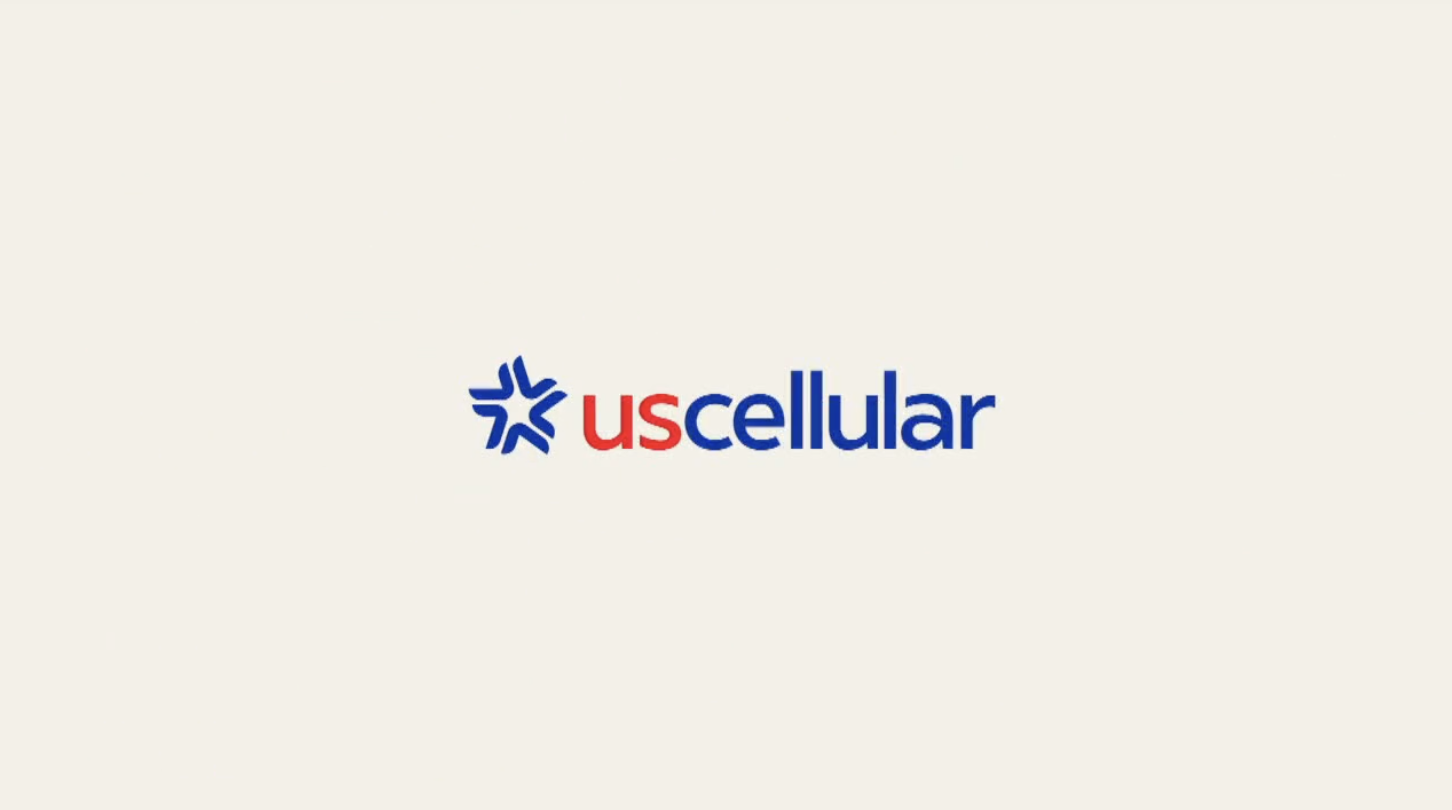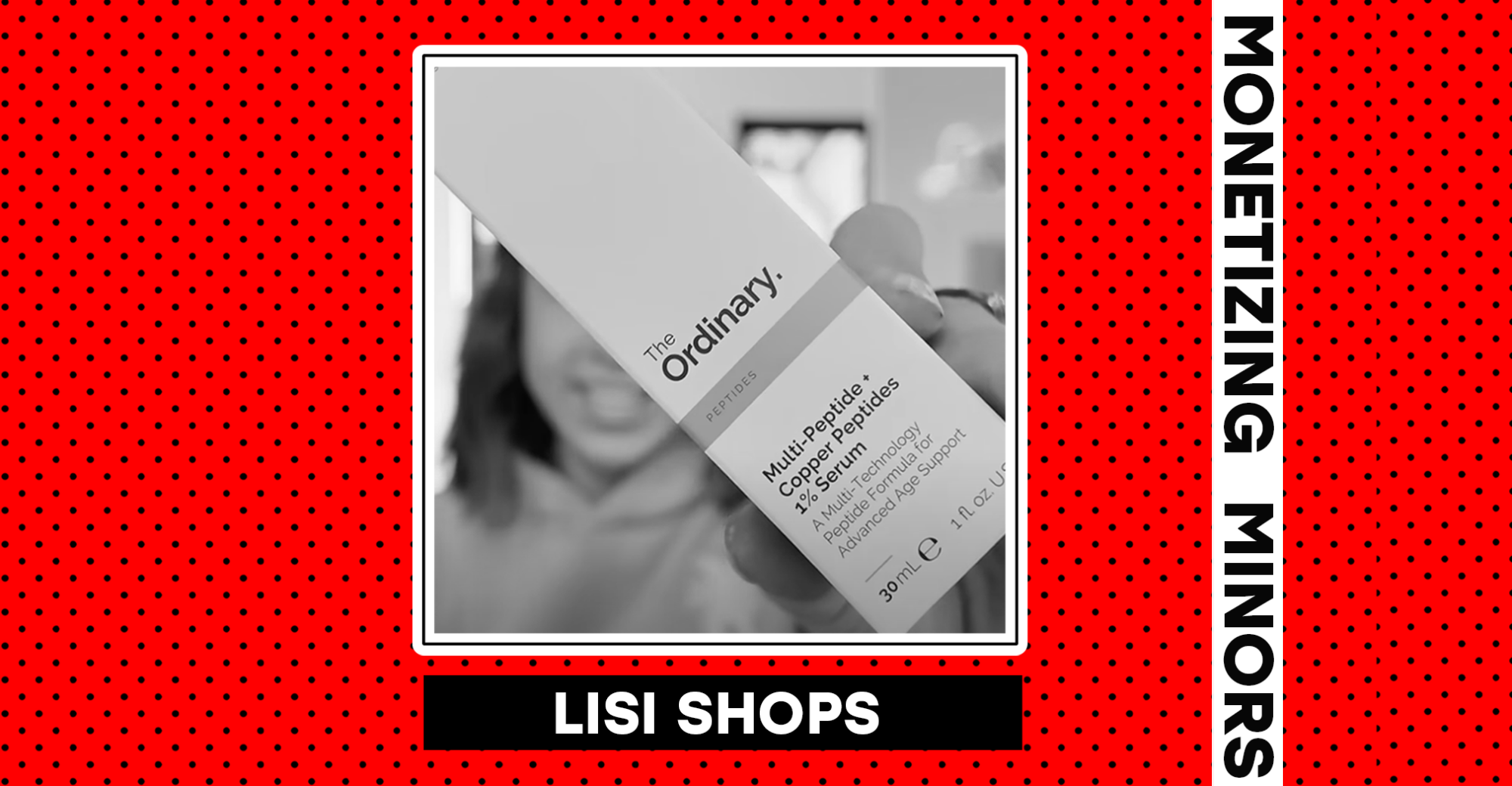
Deception at the Cannes Lions Festival
Misleading campaigns highlight this year’s big ad event.
In September 2014, a federal judge approved a $5 million settlement of three consolidated false advertising class-action lawsuits against Hewlett-Packard Company (HP). The complaints, which were filed between 2005 and 2007, alleged that HP misrepresented facts about its ink cartridges and printers. For example, the complaint alleged that HP misleadingly claimed that the “smart chip” embedded in its printer cartridges improved a printer’s performance by signaling when an ink cartridge needed to be replaced when, in reality, the chip was programmed to indicate that ink needed to be replaced before the cartridge was empty.
According to the settlement terms, class members are eligible to receive coupons in the following amounts:
In addition, HP agreed to make changes to its marketing materials, such as explaining on its website that the “low on ink” messages are based on “estimated ink levels” and “actual ink levels may vary.”
(In Re HP Inkjet Printer Litigation, Case No. 05-cv-03580, N. D. CA.).
For more information about other class-action lawsuits filed against Hewlett-Packard and TINA.org’s coverage of the company, click here.
Misleading campaigns highlight this year’s big ad event.
Consumers may want to see through many of this company’s claims.
It won’t get any easier to cancel those annoying subscriptions.
What you need to know about this offer.
What’s this kidfluencer doing promoting a “youth cream”?



